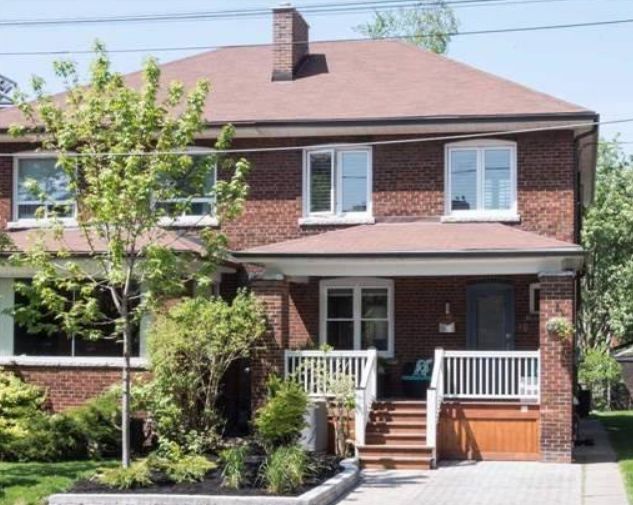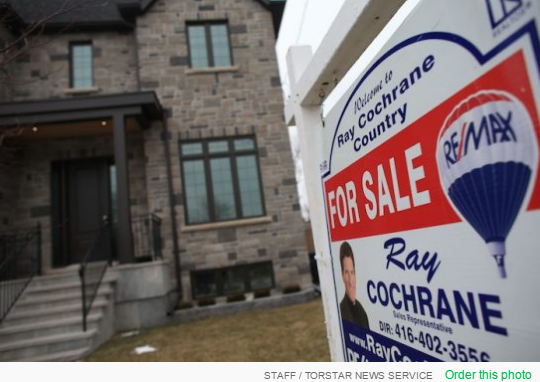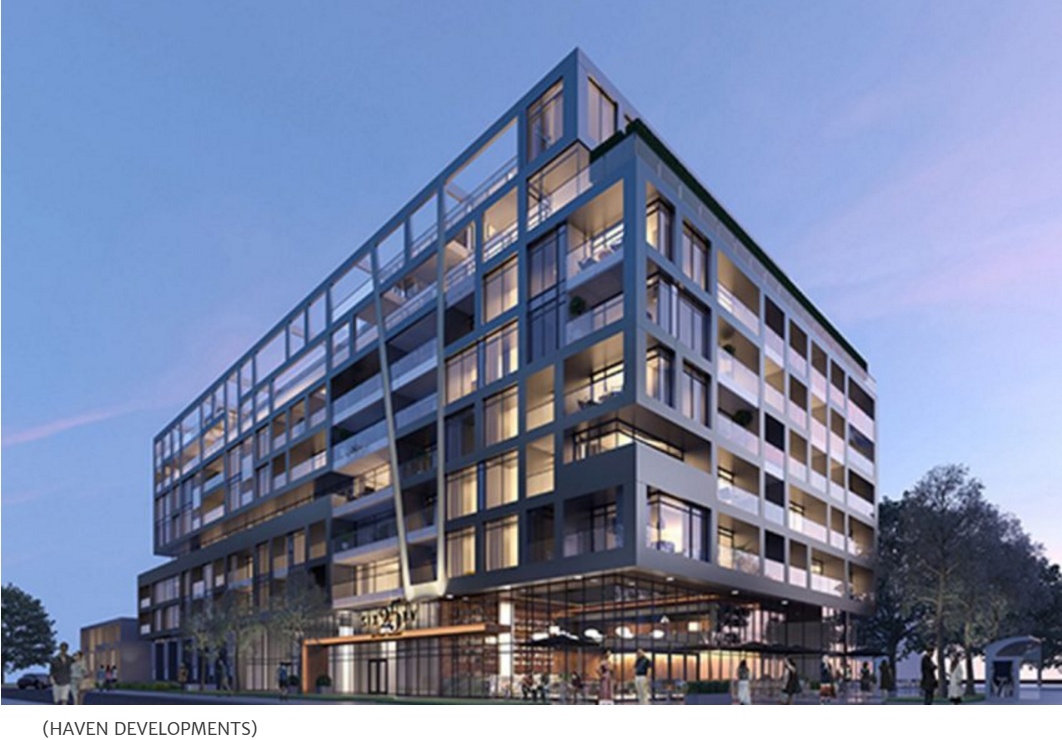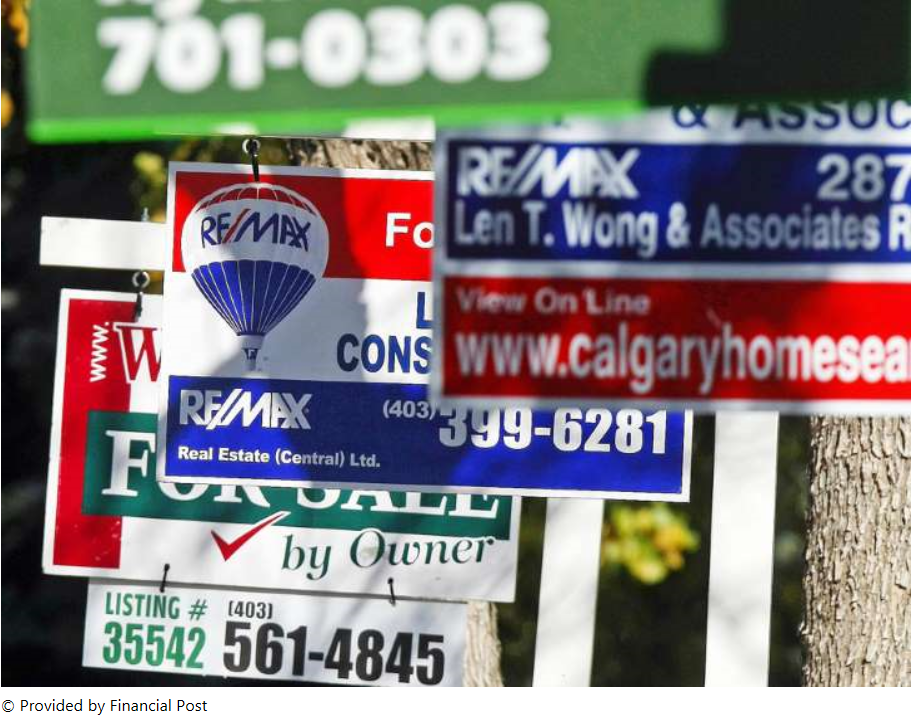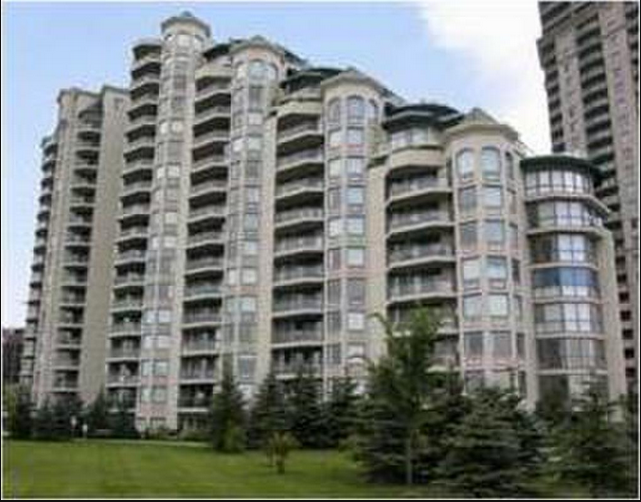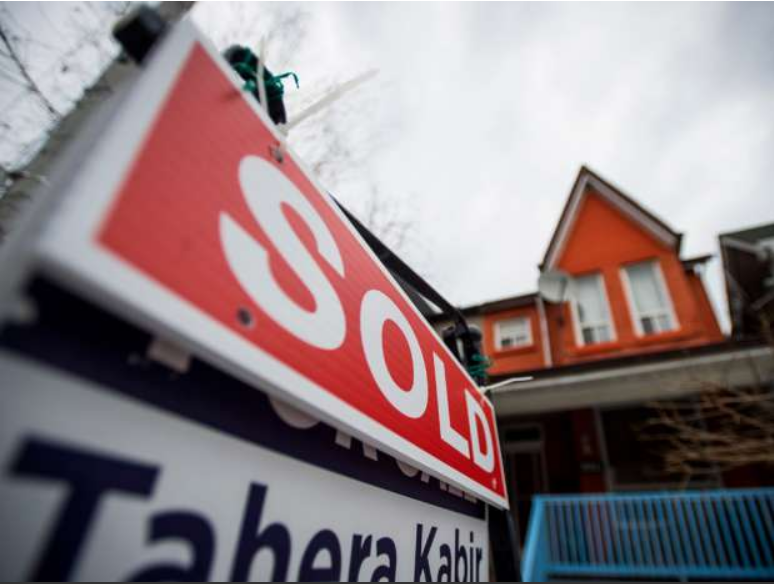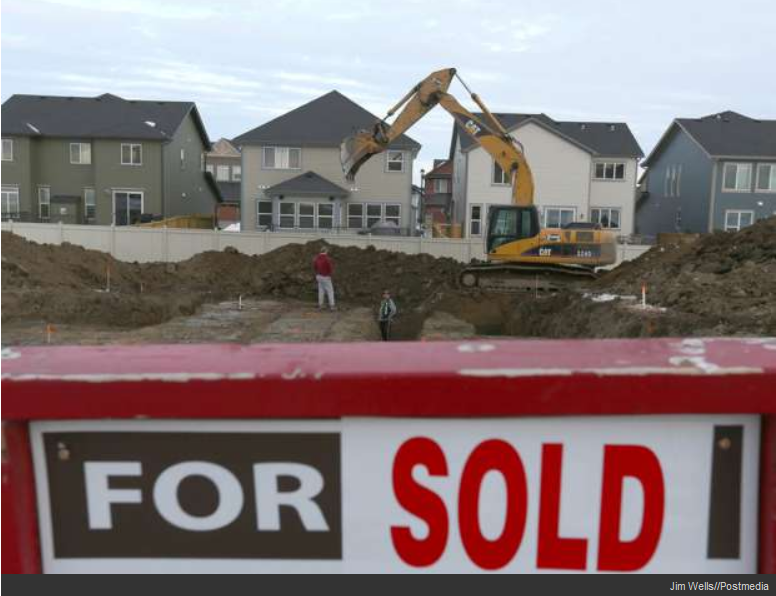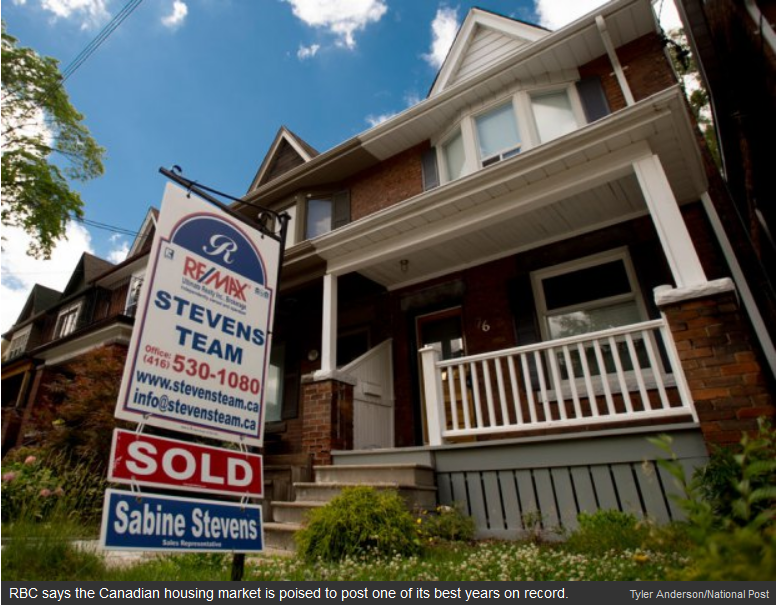Every 20 years or so, investor dementia sets in. Memories are wiped clean, allowing individuals to make the same mistakes over and over again. It doesn’t matter if it is real estate markets, stock markets, commodity markets, or tulip markets (I’ll get to this later). They are all the same.
Why? Because markets are a reflection of people, and people are hard-wired to have emotional instincts that don’t change. They never have and they never will. Besides, being out of the real estate industry, I will argue, allows for a balanced view. Being outside the industry makes you see the forest, not the trees.
Let’s talk very little about real estate, and a lot about people’s behaviour and the anatomy of bubbles throughout history. The anatomy is shockingly the same no matter what asset we are talking about.
This has been real estate in Vancouver and for many parts of Canada for the last few years. Market bubbles don’t pop during this phase, when there are rational buyers and disbelievers.
Bubbles burst, and people’s financial lives are destroyed at the end of the next phase: euphoria. During this phase, caution is thrown to the wind, people’s hard-wired desire to “not want to miss out” comes into full play: “I have to get in now, my next-door neighbour is making money and I am not.”
This panic buying can suck anyone into its vortex. During euphoria phase, even the smartest believe that we are in a “new paradigm” and the old ways of valuing things are thrown out. Whatever the asset is, it becomes too expensive for the average investor, which is especially true of real estate.
A necessary step in the euphoria stage is the occurrence of “irregular” lending practices, irregular sales practices, and financial engineering. Through magic, the impossible is made possible. People who could never otherwise afford real estate suddenly can. As the panic to buy increases, it is a self -fulfilling positive feedback loop. Prices go up, people panic to buy more and they outbid each other in an orgy of greed. Amazingly even the experts begin to extrapolate out recent trends well into the future, like in 2008 when oil was $140, and many targets had it going to $200. That didn’t happen, it’s just how powerful a euphoria becomes.
The problem is that massive amounts of debt are created in any bubble, and at the end, the market gets crushed under its own weight.
Lately there have been some obscene projections for the value of real estate in Vancouver over the next decade, by very reputable sources. This again is a very necessary component of bubble formation. If you haven’t figured it out yet, I am simply giving you the anatomy of any bubble over the last few hundred years, then overlaying it on the current real estate market. You can draw your own conclusions.
On this theme, here’s some more bubble anatomy. Politicians are generally oblivious to the bubble as it is happening, or at least do very little to get in the way of it. After the fact, however, when the catastrophic collapse happens, another necessary component is the blame game. Nobody ever blames themselves for getting caught up in euphoria, which always seems so obvious after the fact. People look to blame someone else for the collapse, pressing politicians and regulators to make an example of someone and to regulate something. Some messenger gets shot, and everyone is happy, and the politicians get to be reactive and the saviours of future generations.
So let’s back up and ask, are there irregularities going on right now in the real estate market? Of course there are. Is there some form of fraudulent activities going on or at least a massaging of the truth? The answer is most likely—it is a necessary component of the bubble, an effect of the euphoria.
It is also a natural progression of the underlying asset, in this case real estate, which has become too expensive for the consumer to buy. In a competitive system, people will find creative ways to finance the boom. For it to continue, they must find ways to financially engineer it. All seems good during the boom times, then something, somewhere, comes out of left field, and the balloon gets pricked, never to reinflate in that manner again. Everything that seemed so sane, all of a sudden seems so totally insane. As Warren Buffett says: “You don’t know who’s swimming naked till the tide goes out.” For now, all is good in fairy-tale land, but this level of speculation has the ability to destroy the dreams of people for the next 20 years.
Vancouver real estate recently broke all records for volume. People can’t get enough. This is yet another necessary bubble component. Volumes are always highest at the top, never at the bottom. The panic to get in creates a gaping hole of demand in the future. For instance, let’s say over the next five years 100,000 people would normally buy real estate based on their family needs and other factors. The great euphoria and subsequent price rise, however, sucks that demand into this year, and it can be seen readily with today’s high volumes and skyrocketing prices. Who’s left to buy two years out? There has already been a massive flight of capital out of China of over $1 trillion. Will that continue endlessly? Of course not, the Chinese government will stop that at some point, leaving the locals of Vancouver and eastern Australian cities holding the bag.
Some readers who haven’t had the magical 20-year dementia will recall that during the tech bubble, the average NASDAQ share was held for a period of seven days, volumes were immense and speculation was rampant. The tech bubble was propagated on the same belief that drives any market bubble, the Greater Fool Theory. Speculators regularly convince themselves that there is always a greater fool who will come along to pay a higher price for their asset than they paid. It’s too much to get into here, but google “tulipmania” and see how that bubble formed in the 1600s.
All I will say is that at the peak of that bubble, people found ways to profit from the time a tulip was bought and the time it was sold. Intermediaries flipped the tulip several times between the buyer and the seller, profiting each time. People think that the practice of “assignment” agreements in the Vancouver real estate market—whereby a newly purchased property is flipped to another buyer before the original sale even closes—is a new thing. It’s not. It happened in the tulip bubble more than 300 years ago, and it happens in every bubble. It must happen to keep the bubble growing bigger. It does tell us, though, that we are getting near the bursting. It’s a shame, because it’s not just Vancouver that will be impacted: real estate markets in many cities are red hot simply because of 240-year lows in interest rates. This type of thing ends badly.
When an asset is overly popular, it is most likely overvalued. You can’t find value in anything that is popular. However, you can almost always find value in things that make other people queasy. That’s why I have been buying gold stocks lately. By definition, nothing that is unpopular is in a bubble. That’s my next rule of investing: sell hubris and buy humiliation.
This bubble cycle has only repeated itself 100 times or so in the last few hundred years, but I am sure “this time is different.” People have somehow got smarter.
If you believe that, I have a bridge to sell you.

